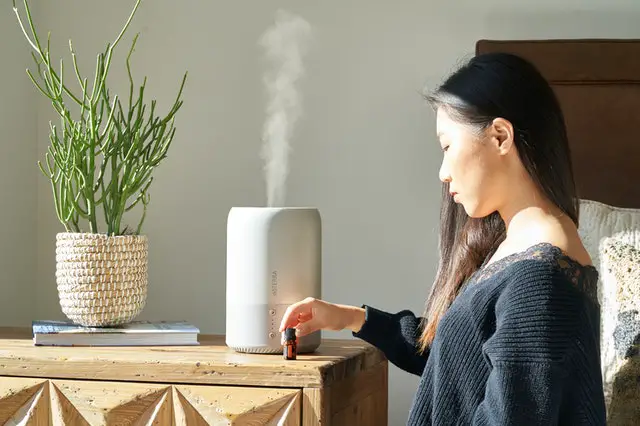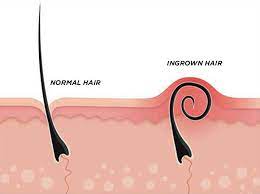
Many of us face issues related to ingrown hairs and our skin is very irritated after removing it. This article will give you an insight on how tea tree oil for ingrown hairs is a natural solution for your problems.
Contents
- 1 Benefits Of Tea Tree Oil For Ingrown Hairs
- 1.1 1. Tea Tree Oil Prevents Bacterial Growth
- 1.2 2. Tea Tree Oil Reduces Skin Irritation
- 1.3 3. Tea Tree Oil Decreases Unwanted Hair Growth
- 1.4 4. Tea Tree Oil Is Affordable
- 1.5 5. Tea Tree Oil Is Anti-inflammatory
- 1.6 6. Tea Tree Oil Is Natural
- 1.7 7. Tea Tree Oil Prevents Ingrown Hair Infections
- 1.8 8. Tea Tree Oil Is A Natural Healer
- 1.9 9. Tea Tree Oil Is Absorbs Quickly
- 1.10 10. Tea Tree Oil Prevents Scarring
- 1.11 11. Tea Tree Oil Is Gentle On Skin
- 1.12 12. Tea Tree Oil Works On Blackheads And Acne
- 1.13 13. Tea Tree Oil Is A Natural Deodorizer
- 2 How To Use Tea Tree Oil For Ingrown Hairs
- 3 Conclusion
Benefits Of Tea Tree Oil For Ingrown Hairs
Tea tree oil is an essential oil produced by steam distilling the leaves of Melaleuca alternifolia. As it is antimicrobial, antiseptic, and anti-inflammatory, tea tree oil has numerous medical benefits.
According to the University of Maryland Medical Center, tea tree oil has been used as an antiseptic to clean surfaces and for treating acne. It may also be used as a topical antifungal treatment for athlete’s foot, jock itch, and ringworm.
There are many benefits of tea tree oil for ingrown hairs. According to The Body Shop, many people have seen results after using tea tree oil for rashes and irritated skin. This is because it contains antibacterial properties that kill harmful bacteria when applied to the skin.
Additionally, many people use tea tree oil when they experience feelings of stress or anxiety because it can help calm the body and mind.
1. Tea Tree Oil Prevents Bacterial Growth
Tea tree oil contains terpinene-4-ol, an antibiotic. The active ingredient in tea tree oil also helps to prevent bacterial growth and inflammation.
With this in mind, it is primarily used for treating infected wounds because the substance kills bacteria associated with acne and other skin conditions. Tea tree oil can speed up healing time without scarring when applied directly to wounds.
Related Video – How To Treat Ingrown Hair
2. Tea Tree Oil Reduces Skin Irritation
It is also known to treat the symptoms of ingrown hairs, which include pain, itching, and redness. It does this by soothing irritated skin tissue and killing bacteria that may be present on the surface of the skin.
In addition, because it can also help prevent scarring, tea tree oil for ingrown hairs can be applied directly to the skin. The oil’s anti-inflammatory properties can reduce pain and irritation brought on by ingrown hairs, razor burn, and other shaving side effects.
3. Tea Tree Oil Decreases Unwanted Hair Growth
Studies show that tea tree oil slows down cell reproduction, which can decrease unwanted hair growth. This means that applying the oil to the skin several times a day may stop your hair from growing back.
However, it has not been shown to do this in all people.
It is important to note that applying the oil topically will provide only temporary relief and cannot help you eliminate ingrown hair problems.
4. Tea Tree Oil Is Affordable
Tea tree oil can be purchased in most grocery or health food stores for under $10. This makes it an affordable way to help treat ingrown hairs without having to spend money on expensive treatments.
5. Tea Tree Oil Is Anti-inflammatory
It is also anti-inflammatory. This means that it can reduce swelling and redness on the skin, which some people consider unsightly when it occurs in ingrown hair areas or around acne.
6. Tea Tree Oil Is Natural
Most importantly, tea tree oil is natural. If you are worried about putting unnatural chemicals on your skin, you may want to consider using tea tree oil.
It is also effective, which makes it especially good for sensitive skin types or people who are afraid of side effects associated with other treatments.
However, tea tree oil should not be used on deep wounds because it will slow down the healing process and make scarring more likely. If you have any concerns about how tea tree oil may affect your skin or hair, you should contact your doctor or dermatologist.
7. Tea Tree Oil Prevents Ingrown Hair Infections
The University of Maryland Medical Center suggests that tea tree oil may also prevent ingrown hair infections. According to the medical center, antiseptic properties in tea tree oil make it a good choice for preventing bacterial infections on the skin.
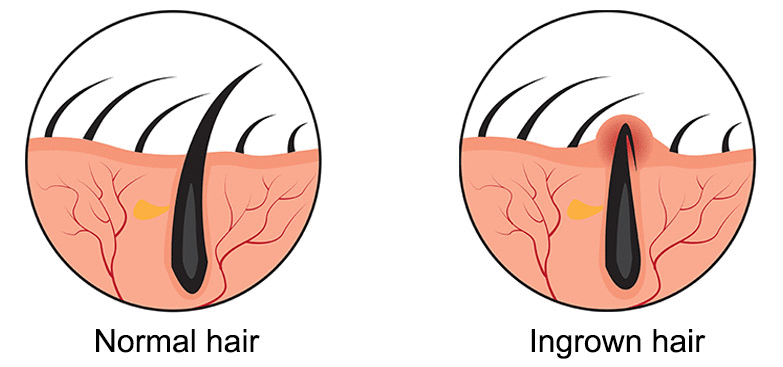
8. Tea Tree Oil Is A Natural Healer
Lastly, the University of Maryland Medical Center touts tea tree oil’s ability to heal wounds quickly. Because it is a natural antiseptic, it kills bacteria that may invade the cut and cause infection.
This makes it an effective remedy for ingrown hairs, which are often red or irritated because they have been infected with harmful bacteria.
It is suggested to combine 20 drops of tea tree oil with 1 ounce of carrier oil, such as coconut oil or jojoba oil. You can apply the mixture to your skin with a cotton ball two times a day until the ingrown hair has been healed.
9. Tea Tree Oil Is Absorbs Quickly
Tea tree oil is highly absorbent, which means it will work quickly on the skin. It soaks into the pores and dries quickly. This makes tea tree oil for ingrown hairs a good choice when your schedule requires you to be dressed soon after application.
10. Tea Tree Oil Prevents Scarring
The University of Maryland Medical Center also suggests that tea tree oil reduces the chance of scarring, especially for people who have sensitive skin types.
Because it is not an irritating agent, it will gently soothe the affected area rather than cause irritation or redness.
The anti-inflammatory properties also reduce swelling and increase circulation, which leads to faster healing.
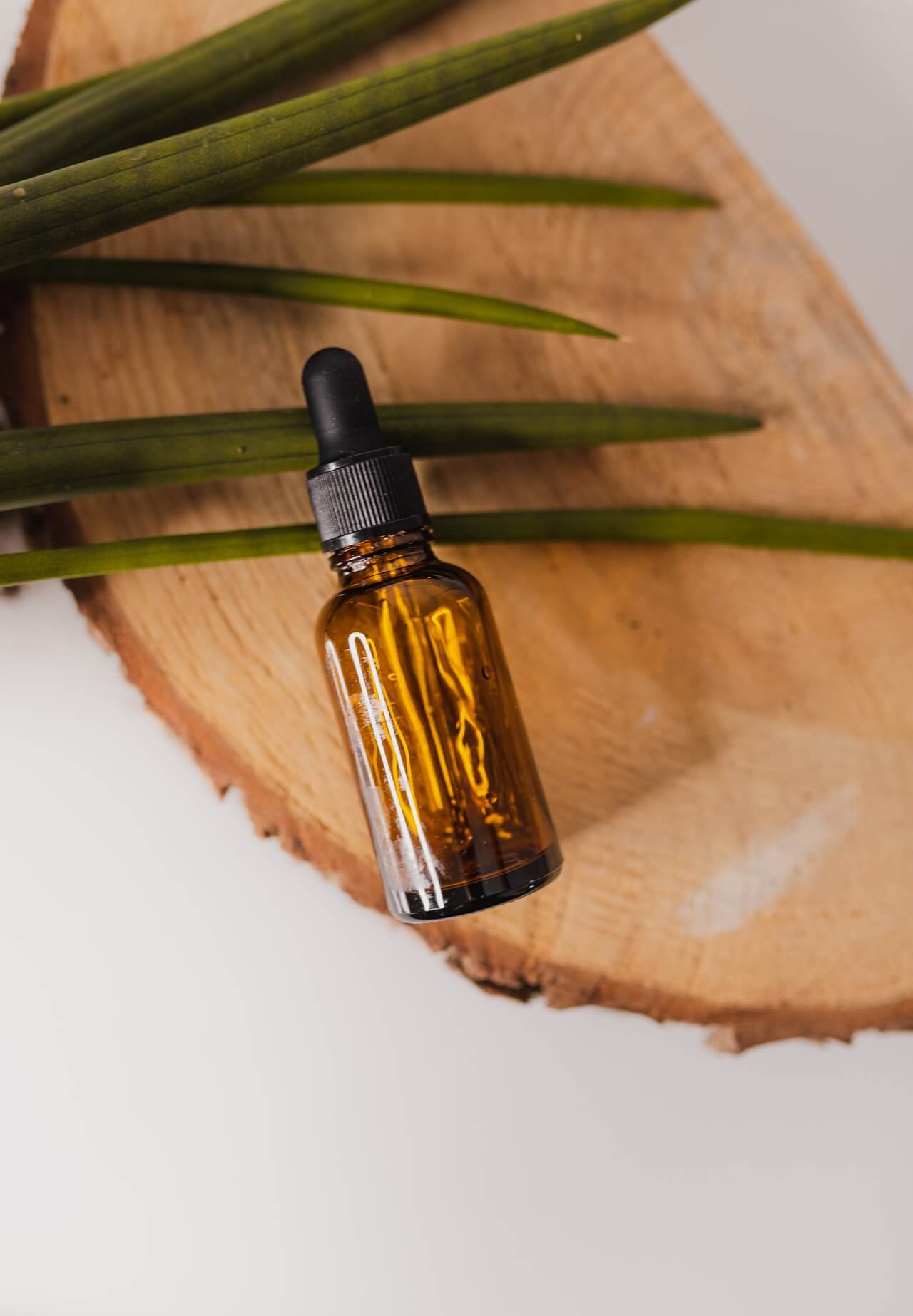
11. Tea Tree Oil Is Gentle On Skin
Finally, tea tree oil is gentle on the skin. It won’t cause irritation or allergic reactions in many people, which makes it a good choice for sensitive skin types and children’s skin.
However, pregnant women should avoid applying the oil directly to their skin because studies have not been conducted to determine whether it is safe during pregnancy.
Tea tree oil should not be used on children under the age of 2 because their skin might not tolerate the oil well.
If you have concerns about how your skin will react to tea tree oil, you can apply a diluted version of the oil to a small section of your arm and wait 24 hours to see how your skin reacts. If no irritation occurs, you can continue applying the oil to the affected areas on your face or body.
12. Tea Tree Oil Works On Blackheads And Acne
The University of Maryland Medical Center also suggests using tea tree oil on blackheads and acne because it kills bacteria that may cause infection or promote acne.
Because it works as an antibacterial agent, tea tree oil is a good option for people who have acne-prone skin.
13. Tea Tree Oil Is A Natural Deodorizer
The University of Maryland Medical Center suggests using tea tree oil to naturally deodorize hair and skin because many commercial deodorants contain harmful chemicals.
Because tea tree oil is natural and has powerful antimicrobial properties, it can help remove bad odors by killing the bacteria that cause them.
How To Use Tea Tree Oil For Ingrown Hairs
The most effective way to use tea tree oil for ingrown hairs is to combine the oil with a carrier oil, such as coconut oil or jojoba oil. Then, apply the mixture to your skin twice per day until the ingrown hair has disappeared.
1. Dilute The Oil
If you have never used tea tree oil before, you should always dilute it with a carrier oil such as coconut or olive oil. In addition, babies and young children should not be exposed to the substance without first consulting a doctor.
2. Apply Tea Tree Oil To A Clean Face
Tea tree oil can easily be applied directly to the face, but you should always wash your face before doing so.
3. Apply Tea Tree Oil To Ingrown Hairs
To apply tea tree oil to ingrown hairs, simply add a few drops of the oil to a cotton swab and dab it over the affected area several times a day.
Different recipes can be used related to tea tree oil for ingrown hair
- Tea tree oil soak: Combine warm water with tea tree oil.
- Coconut oil sugar scrub: combine 1 cup of raw sugar with 0.5 cup of coconut oil and 10 drops of tea tree oil.
- Tea tree oil shampoo: Add 5-10 drops of tea tree oil to your regular shampoo.
- Lavender, rosemary, and tea tree oil blend: combine 15 drops of each herb in a bowl. Mix well. Apply three to four drops on skin with acne or ingrown hair area two times per day for several days until symptoms subside.
According to Organic Facts, you can make tea tree oil at home by placing 100 percent pure tea tree oil in a jar.
Then, pour vodka or high-proof alcohol into the jar until the oil is completely covered. Let the mixture sit for three days before you strain out the tea tree oil.
Conclusion
Tea tree oil is a natural substance that can be used to treat ingrown hairs and other shaving side effects without overly drying or irritating the skin. It has been reported to only provide temporary relief, but may work for you.
Removing dead skin cells and hair around the area will also help to reduce the chances of developing future ingrown hairs.
Tea tree oil for ingrown hairs can be purchased from most grocery or health food stores for under $10. It is important to remember that tea tree oil may only provide temporary relief, and you should continue with your regular shaving routine to prevent future ingrown hairs.
![45 Best Tea Tree Oil Soap Bars [Reviewed] 45 Best Tea Tree Oil Soap Bars [Reviewed]](https://theoilvirtue.com/wp-content/uploads/2022/02/Art-Of-Sport-Body-Bar-Soap-300x300.jpg)
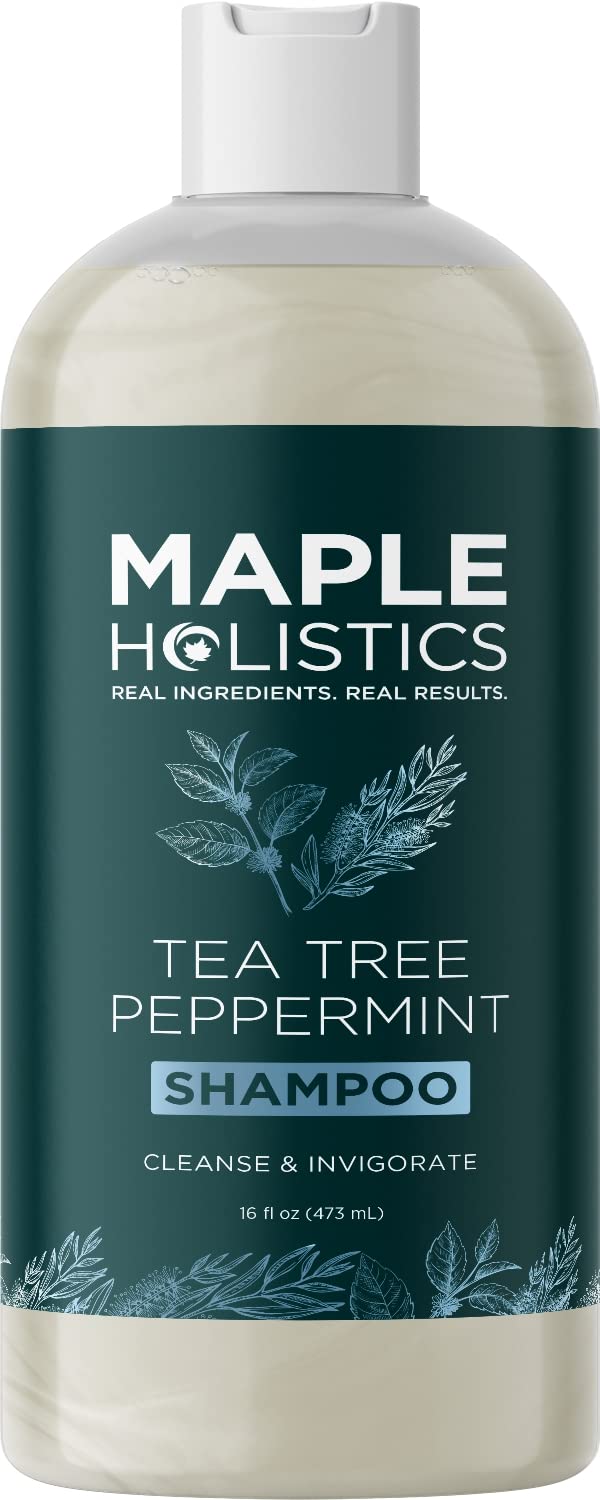
![40 Best Tea Tree Oil Serum [Reviewed] 40 Best Tea Tree Oil Serum [Reviewed]](https://theoilvirtue.com/wp-content/uploads/2022/02/TruSkin-Tea-Tree-Clear-Skin-Super-Serum-240x300.jpg)
![39 Best Tea Tree Oil Wipes [REVIEWED] 39 Best Tea Tree Oil Wipes [REVIEWED]](https://theoilvirtue.com/wp-content/uploads/2022/02/DUDE-Wipes-Flushable-Wet-Wipes-Dispenser-Mint-Chill-300x300.jpg)
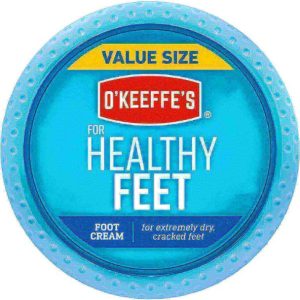
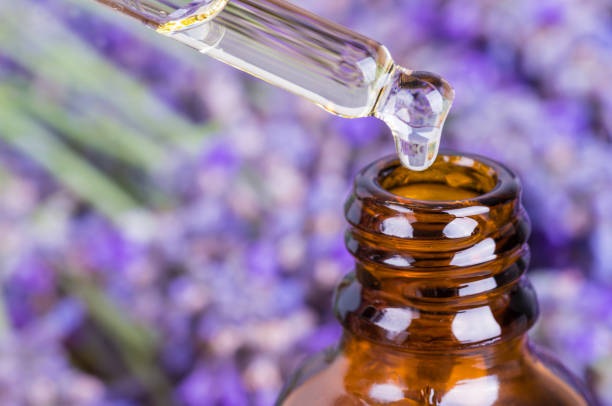
![27 Best Tea Tree Oil Lotions [REVIEWED] 27 Best Tea Tree Oil Lotions [REVIEWED]](https://theoilvirtue.com/wp-content/uploads/2022/01/Tea-Tree-Hair-And-Body-Moisturizer-300x300.jpg)
![16 Best Toothpaste With Tea Tree Oil [Reviewed] 16 Best Toothpaste With Tea Tree Oil [Reviewed]](https://theoilvirtue.com/wp-content/uploads/2022/02/Desert-Essence-Tea-Tree-Oil-Toothpaste-92x300.jpg)
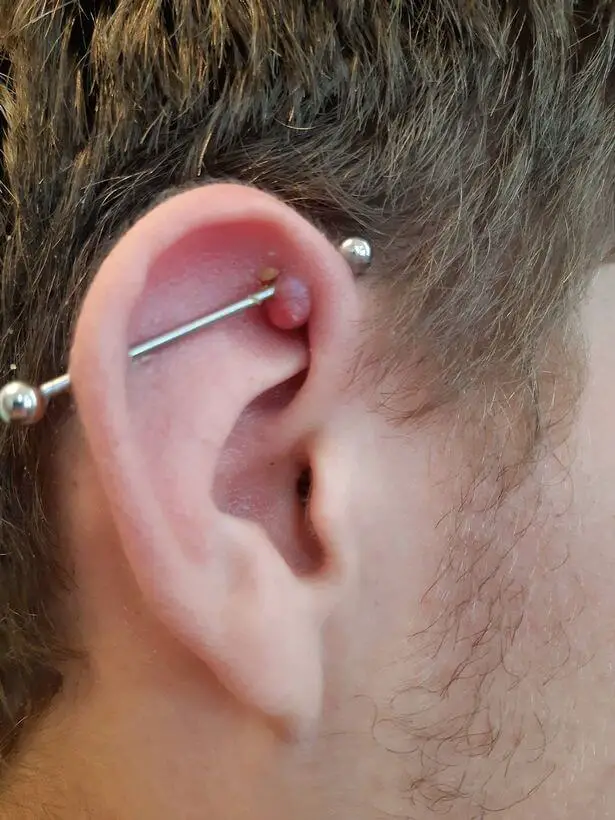
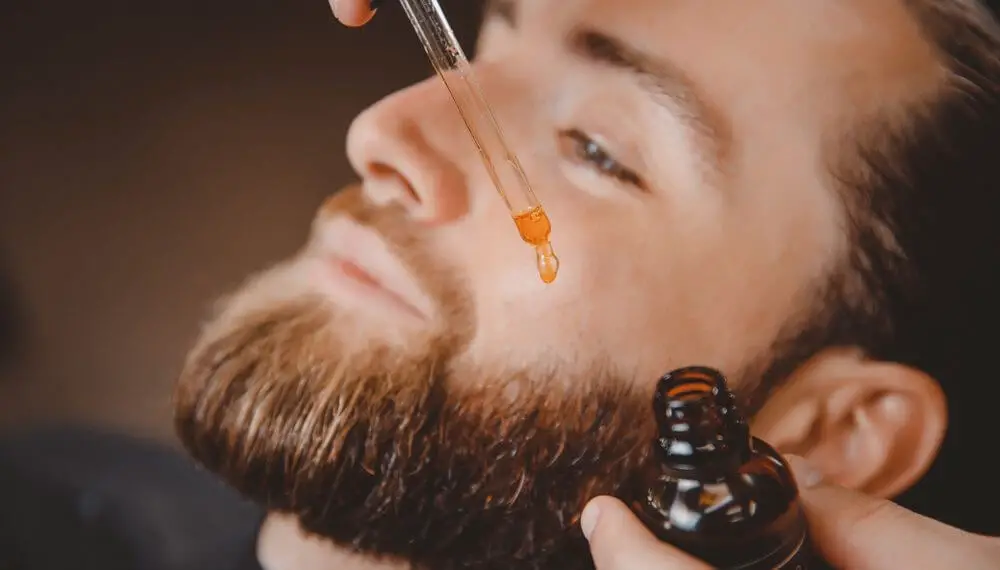
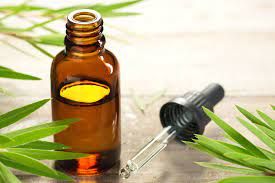
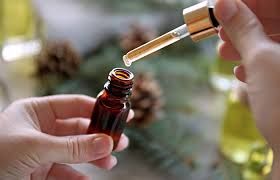
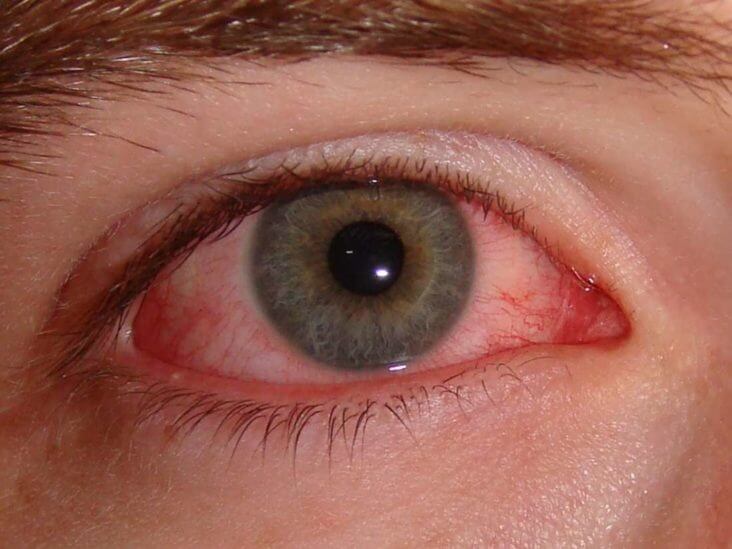
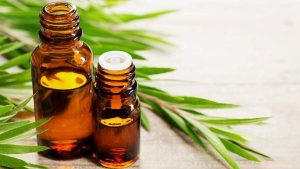
![6 Best Tea Tree Shave Oil [Reviewed] 6 Best Tea Tree Shave Oil [Reviewed]](https://theoilvirtue.com/wp-content/uploads/2022/02/King-Of-Shaves-Sensitive-Shaving-Oil-For-Men-142x300.jpg)
